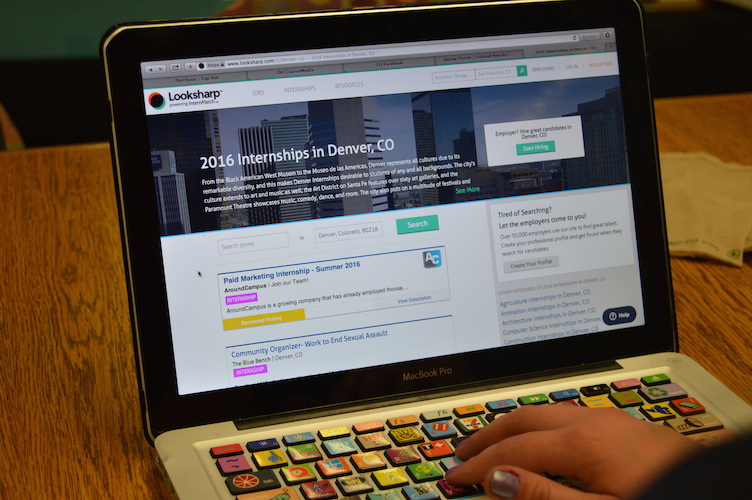We all want a job after graduation, it’s why we spend huge amounts of money to go to college—it’s an investment for the future. Clearly one has better odds with a degree, but this doesn’t ensure that anyone is going to be handed a perfect job upon graduation.
As a student and young professional, you have to set yourself apart from every one of your classmates looking for the same thing. Therefore, real-world experience and a degree is what can make all the difference on determining whether or not you are employable. Your college internship matters not only to gain work experience, but to increase your chances of getting that future dream job in the first place.
According to Purdue University’s College of Business website, the third most influential factor in a company hiring a grad is experience, following your major and interview skills. An internship offers you the rigor and experience of the real-world job you wish to have in the future, but as internships use the concept of apprenticeship, you are able to use the internship as your first few stepping stones to where you want to eventually be in a career.
While employability is the main reason people begin their pursuit of internships, there are many other facets to this particular market. According to those with internship experience, quantity is on equal playing grounds with quality for once.
“My friends that have only had one internship approaching graduation have no idea what they want to do, while others who have more experience do,” said recent grad Lauren Van Soklerma, a strategic communications major.
“It’s better to get a head start because it gives you a better idea of what you want to do specifically. It gives you more of a career goal, you know exactly what title you want,” said Van Soklerma.
Due to the increasing necessity of internships, many departments at DU require them as a capstone to your degree.
“I think a lot of students get very busy between school, part time jobs and extracurricular activities. It can be hard to prioritize an internship when it doesn’t pay, but because you’re getting course credit, you’ve carved out time,” said Erika Polson, the assistant professor and director of internships in DU’s department of media, film & journalism studies.
Polson explains that getting an internship can involve three approaches.
“You have to pay attention to what comes up online using tools like the DU Career Center database, be proactive in using DU’s services and do your own networking,” said Polsen.
In order to explore your options, you have to start developing yourself professionally before you graduate.
“As an undergrad, getting a head start helps you stand out from the rest of the crowd. It allows you to develop yourself professionally and allows you to find out whether or not you are interested in the specific field of study,” said sophomore Shaleigh Smith, a molecular biology major.
Not only does an internship benefit you on paper, but it can shape your professional persona.
“Participating in internships has forced me to learn real life scientific skills while also academically pursuing that field. I think it’s amazing to learn something in class and see it before your eyes in the field or lab,” said Smith. “It gives you greater insight into what you’re doing.”
The job market is increasingly competitive. In this day in age, to have a high paying job, you typically have to be the whole package. I am myself a sophomore about to begin my first internship related to my field, and while the search process was sometimes tedious, it is no more work than any other job, and is essential to my future. You must have a high school and college degree, as well as be specialized in your particular field. Internships are the perfect way for college students to work towards these requirements.










